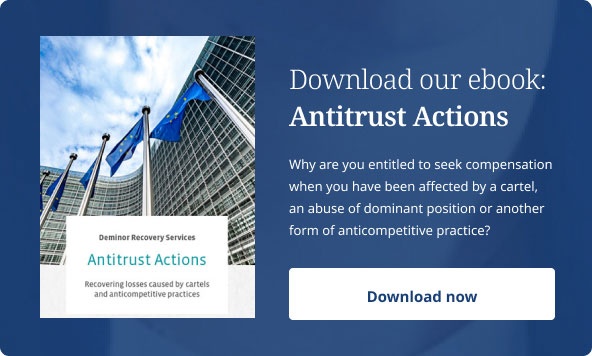On 19 March 2019 the Dutch Act on Collective Damage Actions (Wet afwikkeling massaschade in collectieve actie) was adopted. This will make it possible for Dutch claim organizations, to initiate class actions for damages on behalf of a pre-defined class, if various strict requirements are met.
In the Netherlands it was already possible for claim organizations (foundations or associations) to file a representative action for a declaratory judgement on the liability of the defendants. Filing for damages however, was impossible. If the declaratory decision was positive for investors in cases like these, subsequent individual opt-in proceedings for damages were needed for investors to obtain compensation, except of course if the defendant was willing to conclude a settlement.
When the Dutch Act on Collective Damage Actions will come into effect, which is expected in July 2019, claim organisations will be able to file for damages on behalf of a class of investors that is pre-defined in the organisation’s articles of association. If Dutch investors do not opt out in time at the beginning of the action, they will be bound by its outcome.
Foreign investors, on the other hand, need to confirm that they wish to be bound by the outcome of the class action (opt-in).
The requirements for the admissibility of the claim
The requirements for the admissibility of the claim are focused on the governance and organisational structure of the claim organisation. A strict separation is required between the management of the claim organisation, the funder of the action and the law firm working on the action. Also, the claim organisation may not aim to make a profit on its activities, it must sufficiently represent the class, it must have the financial means to fund the action and sufficient expertise to initiate and organize the litigation.
Further requirements for the admissibility of the claim are: a strong connection with the Dutch jurisdiction, for instance a majority of the represented investors being domiciled in the Netherlands, or the defendant being domiciled in the Netherlands, or that the events giving rise to the damages occurred in the Netherlands. Also, the claim cannot be without merit and, moreover, a class action must be more efficient and effective compared to individual claims for damages.
Exclusive representative claim organization
If various claim organizations initiate a class action against the same defendants and for the same losses, the court will appoint an exclusive representative claim organization that will continue the litigation on behalf of the class.
Deminor advises that both Dutch investors and investors domiciled outside the Netherlands carefully assess whether they should opt-out or an opt-in to a given class action when it is filed by a claim organization in the Netherlands.
Any investor that wishes to receive more information about these recent developments or advice on the decision to opt-in or opt-out from a class action, is invited to contact us:Joeri Klein: joeri.klein@deminor.com






